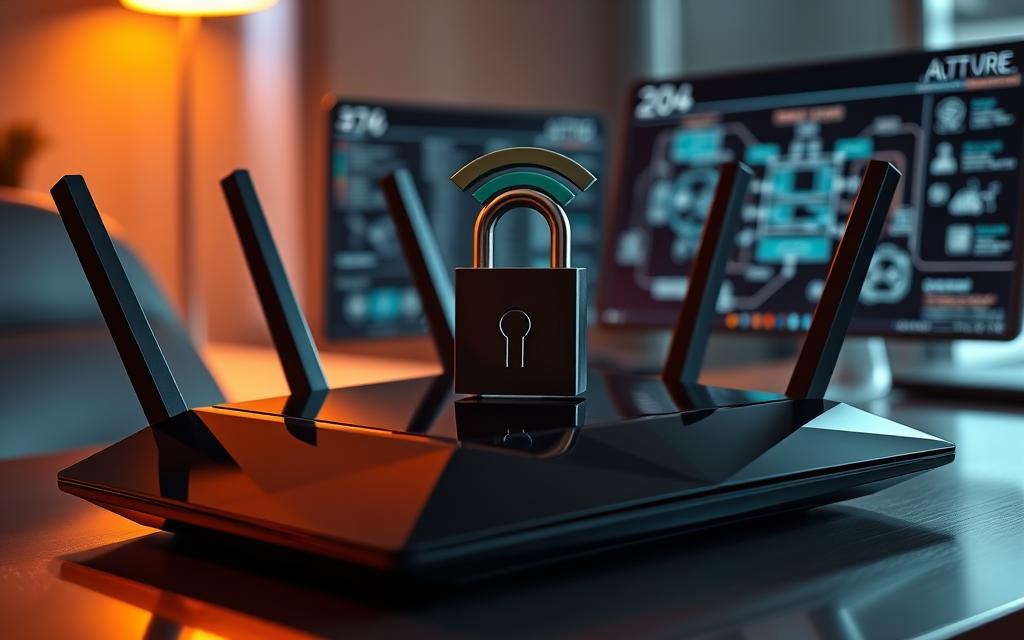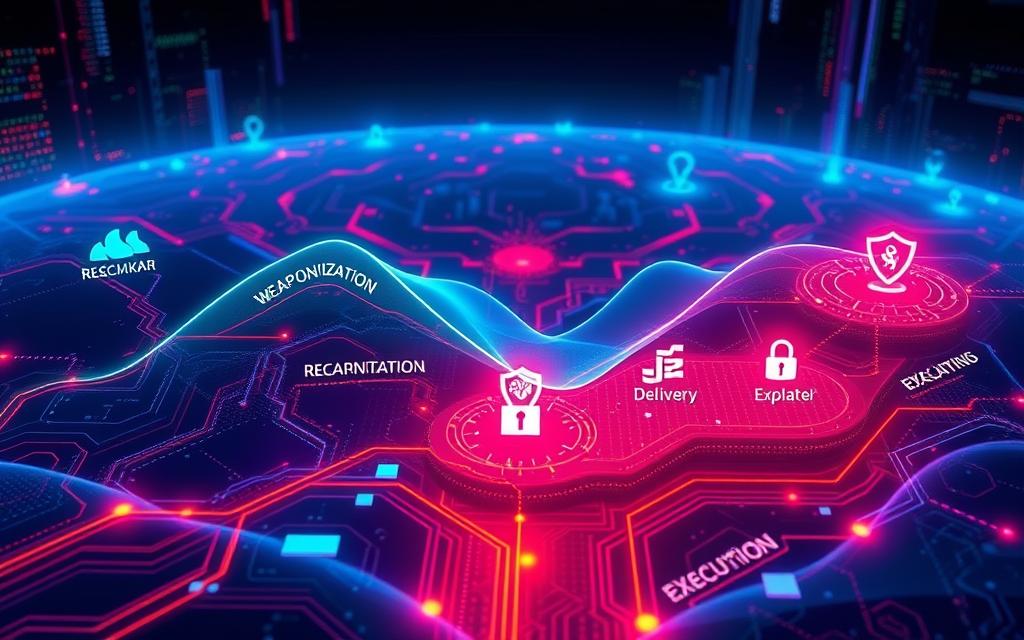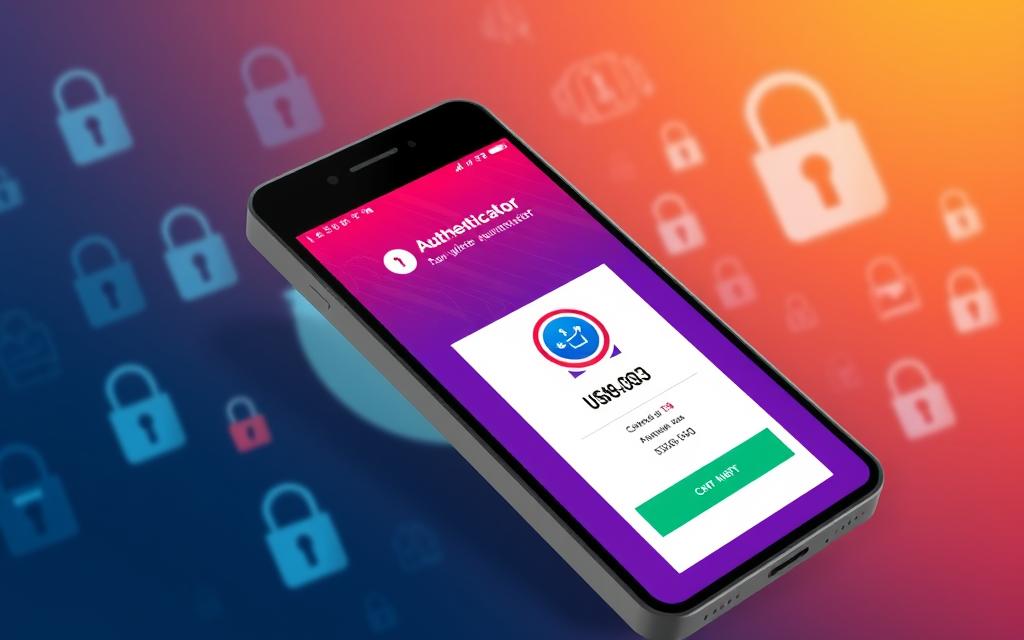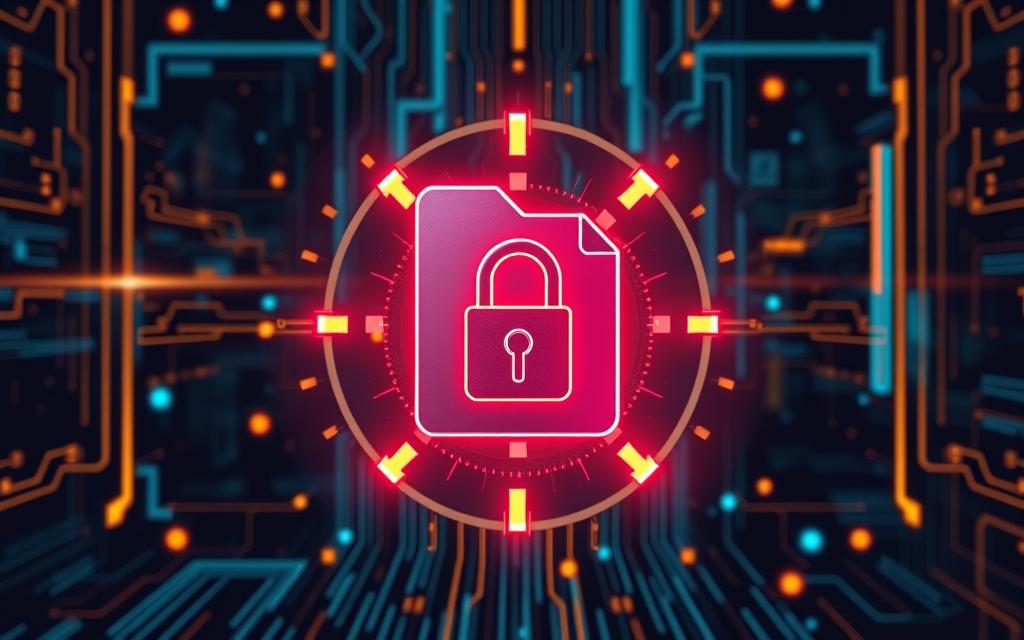In today’s digital age, cybersecurity tips for beginners are more critical than ever. As we rely increasingly on the internet for communication, banking, shopping, and even healthcare, the risk of cyber threats has grown exponentially. Whether you’re a student, a small business owner, or simply someone who uses the internet daily, understanding basic cybersecurity tips for beginners can make a significant difference in protecting your personal and professional data from malicious actors. Cybersecurity isn’t just for experts—it’s a fundamental skill that every user should master to avoid falling victim to phishing scams, malware infections, or data breaches. This article will guide you through cybersecurity tips for beginners, covering everything from password security to device updates, so you can build a strong foundation in digital safety. Understanding Cybersecurity Cybersecurity is the practice of protecting digital systems, networks, and data from unauthorized access, theft, or damage. It encompasses a wide range of measures, including encryption, firewalls, and user authentication, all designed to prevent cyber attacks. For beginners, the goal is to grasp the basics without getting overwhelmed by complex terminology. Cybersecurity is essential because it safeguards your online identity, financial information, and sensitive data from threats like phishing, ransomware, and data breaches. The Importance of Cybersecurity Cybersecurity plays a crucial role in maintaining trust in digital interactions. When you access your bank account or share personal details online, you’re relying on systems that must be secure. Without proper security measures, hackers can exploit vulnerabilities to steal your information, leading to identity theft or financial loss. Even simple actions, like clicking on a suspicious link, can expose you to cyber threats. Therefore, understanding cybersecurity tips for beginners is the first step toward building a secure online presence. Common Cyber Threats There are several types of cyber threats that beginners should be aware of. Phishing attacks often involve deceptive emails or messages that mimic legitimate sources to trick users into revealing passwords or other sensitive information. Malware (short for malicious software) can be hidden in attachments or downloads, infecting your devices and stealing data. Ransomware is another growing concern, where attackers encrypt your files and demand payment to restore access. By learning cybersecurity tips for beginners, you can recognize these threats and take steps to avoid them. Cybersecurity in Everyday Life Cybersecurity isn’t just about protecting large companies or government systems—it affects everyday users too. From securing your online shopping account to protecting your family’s personal data, every individual has a role to play. For example, using two-factor authentication (2FA) adds an extra layer of security to your accounts, making it harder for hackers to access them. Similarly, keeping software updated ensures that security patches are applied, reducing vulnerabilities. These simple yet effective practices are part of cybersecurity tips for beginners that can prevent many common cyber attacks. Password Security Passwords are the first line of defense against cyber attacks. However, many people use weak or reused passwords, making it easier for hackers to guess or steal them. Strengthening your password security is a vital part of cybersecurity tips for beginners. By following best practices, you can significantly reduce the risk of unauthorized access to your accounts. Creating Strong Passwords A strong password is one that is long, unique, and includes a mix of characters. Avoid using simple words, common phrases, or personal information like your name or birthdate. Instead, create passwords that combine uppercase and lowercase letters, numbers, and special symbols. For instance, “P@ssw0rd!2023” is a strong password, while “password123” is weak. You can use password generators to create complex passwords quickly, ensuring they are both secure and easy to remember. Using Password Managers Password managers are tools that help you store and manage multiple passwords securely. These applications use encryption to protect your data and often include features like auto-fill, password strength checkers, and secure sharing. By using a password manager, you can avoid the temptation to reuse passwords across different accounts, which is a common security risk. Additionally, password managers generate unique passwords for each service, making it harder for attackers to compromise your accounts. Changing Passwords Regularly Even the strongest passwords can be compromised over time. That’s why it’s important to change your passwords regularly, ideally every 90 days. However, not all passwords need to be changed at the same frequency—some may require more frequent updates, especially if they’re used for sensitive accounts like banking or email. Regular password changes ensure that any potential leaks are less likely to result in long-term damage. Securing Your Devices Your devices—such as smartphones, computers, and tablets—are vulnerable to cyber attacks. Securing them with the right tools and habits is a key component of cybersecurity tips for beginners. From updating software to installing firewalls, there are several steps you can take to protect your digital assets. Updating Software Regularly Software updates are critical for maintaining the security of your devices. Developers often release updates to fix bugs, improve performance, and patch security vulnerabilities. For example, an outdated operating system might have a flaw that allows hackers to exploit your device. Enabling automatic updates ensures that your system is always protected without requiring manual effort. Installing Antivirus and Firewalls Antivirus software and firewalls are essential tools for detecting and blocking cyber threats. Antivirus programs scan files and programs for malware, while firewalls monitor and control network traffic to prevent unauthorized access. Beginners should install reputable antivirus software and configure firewalls to enhance their device security. These tools work together to create a shield against viruses, spyware, and ransomware attacks. Using Strong Authentication Methods In addition to passwords, strong authentication methods like two-factor authentication (2FA) add an extra layer of security. 2FA requires a second form of verification, such as a code sent to your phone or a biometric scan, to access your account. This method significantly reduces the risk of account takeover, even if your password is compromised. By incorporating 2FA into your security routine, you can follow cybersecurity tips for beginners and protect yourself from advanced cyber threats. Email & Communication Security Email





